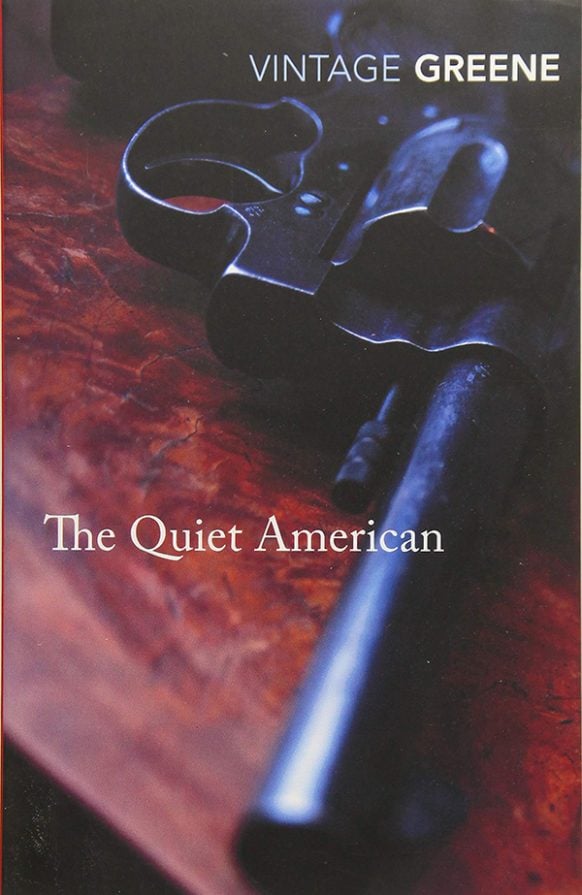The Quiet American by Graham Greene
“Innocence is a kind of insanity.”
I have read a lot of books written recently that are lauded as ‘classics’. Maybe they will be, in time, but The Quiet American by Graham Greene is a classic.
Originally published in 1955, it is still fresh and relevant, and at 180 pages it is a masterclass in conveying so much, with an economy of words. And it is how Greene uses these words — nothing is wasted; nothing is for mere trimming or padding; every word is chosen with care.
The story is set in Vietnam, during the French Colonial war. We meet our three main characters: Fowler, our narrator, is an older man; cynical, a British foreign correspondent; Pyle is a young idealistic American diplomat and Phuong, a Vietnamese women who both men love (in their own way) and want to possess.
I fell in love with Greene’s descriptions of his characters.
Phuong:
“She was the hiss of steam, the clink of a cup, she was a certain hour of the night and the promise of rest.”
Pyle:
“He looked more than every out of place: he should have stayed at home. I saw him in a family snapshot album, riding on a dude ranch, bathing on Long Island, photographed with his colleagues in some apartment on the twenty-third floor. He belonged to the skyscraper and the express elevator, the ice-cream and the dry Martinis, milk at lunch, and chicken sandwiches on the Merchant Limited.”
Fowler’s behaviour is understandable in light of his beliefs:
“Death was far more certain than God, and with death there would be no longer the daily possibility of love dying.”
Rather than describing how they look, Greene shows us who they really are.
Greene weaves these three lives through the narrative to illustrate the damage so often done with the best of intentions. As Fowler says of Pyle:
“I never knew a man who had better motives for all the trouble he caused.”
Greene makes his feelings about the senseless loss of innocent lives during war clear:
“A two hundred pound bomb does not discriminate. How many dead colonels justify a child’s or a rickshaw driver’s death when you are building a national democratic front?”
This is a story that illustrates that ‘the political is personal’.
Greene raises many moral questions: about war; about love and passion (and possession); about religion and how “sooner or later…[one has] to take sides. If one is to remain human.” The friendship between these two men who would not normally ever cross paths is tinged with a sense of doom. If I were to use one word to describe the emotion that The Quiet American stirred in me, it would be melancholy.
Find The Quiet American in the Library Catalogue
Review by Gaby Meares
Murder on a Monday Reading Group


